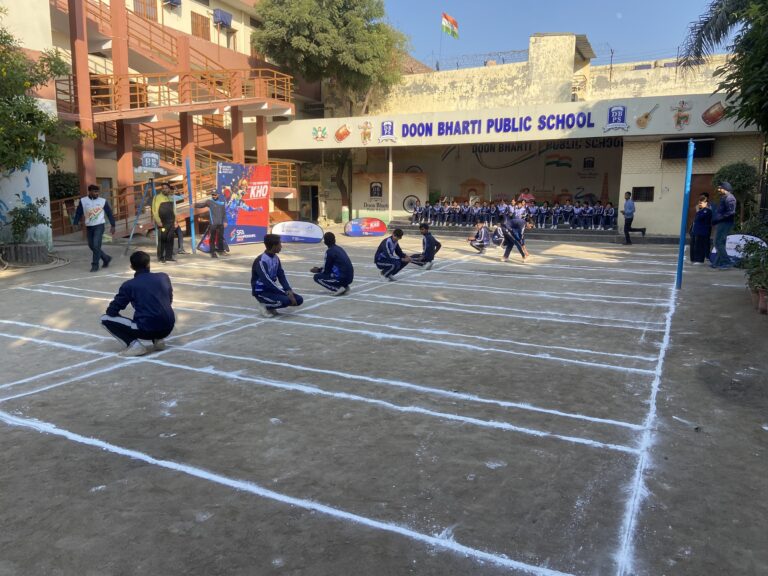The Comptroller and Auditor General’s (CAG) report on the Rafale deal was tabled in the Rajya Sabha on Wednesday. The report finds the Rafale deal negotiated by the Narendra Modi government in 2016 to be cheaper than the one that was being discussed during the UPA regime but said that India paid for some of the India-specific enhancements that were “not needed” by the Indian Air Force.
• The CAG report, which has some stinging remarks, says that the Rafale contract consisted of six different packages with a total of 14 items. The contracted prices of seven items were higher than the “aligned price”, the price at which the contract should have been signed after adjusting price variation between 2007 and 2015.
• It says that three items in the Rafale deal including the basic aircraft were procured at the same price. Four other items were purchased at lower than the aligned price making the 2016 contract 2.86 per cent cheaper than the previous cost.
• The defence ministry has been arguing that the 2016 contracted price of 36 basic flyaway Rafale aircraft was 9 per cent lower than the 2007 price. However, the CAG audit report found that the basic flyaway aircrafts were bought at the same price as that of 2007.
• However, the CAG report highlighted, the 2007 offer by Dassault Aviation provided performance and financial guarantees, which was about 25 per cent of the total value of the contract. There was no such guarantee or warranty in the 2016 contract. The auditor observes that this led to a saving for Dassault Aviation that was not passed on to the Indian government.
• In the face of opposition’s criticism that the Modi government paid more in the reworked Rafale deal, the Centre has argued that the 2016 contract had more India-specific enhancements. However, the CAG report says that four of the India-specific enhancements were “not needed” at all. The Indian Air Force had stated the same in its technical evaluation in 2010. But those specifications were included in the Rafale deal.
• The CAG report states that the 2007 offer for 126 Rafale aircraft included transfer of technology or licence to the Hindustan Aeronautics Limited (HAL) for the production of 108 fighter jets. But no such transfer of technology was provided under the 2016 contract.
• Doing away with the transfer of technology clause has been a major criticism of the Modi government by the Congress over the Rafale deal. Congress president Rahul Gandhi has repeatedly charged PM Modi with “snatching the contract from the HAL” and giving it to Reliance Defence.
• On the issue of sovereign guarantee, the CAG report says the French side did not agree to India’s demand. The defence ministry sought a sovereign guarantee from the French government in lieu of bank guarantee from Dassault Aviation. India had to settle with a Letter of Comfort from the French government. The Congress has made it another point to target the Modi government saying that the new Rafale deal was not secured financially.
• The government has defended the 2016 Rafale deal on counts including faster delivery of the fighter jets. It has defended the deal saying that the air force needed immediate supply of the fighter jets and hence the deal could not have been delayed any further. However, the CAG report observes no big difference in the delivery deadlines for the Rafale fighter jets. Under the 2007 deal, the first 18 flyaway Rafale fighter jets were to be delivered by the 50th month from the date the contract was signed. Under the 2016 deal, the Dassault Aviation is required to supply first 18 aircrafts by the end of 53rd month.
• The CAG report is critical of the defence ministry for signing the Rafale deal on “non-firm and fixed price”, which is vulnerable to price escalation depending upon the price index. The ministry found it cheaper than the “firm and fixed bid”. The government claimed “saving” by adopting this approach but the CAG report says, “Audit does not find this claim valid because” the same advantage was applicable even in the case of 2007 deal.


















